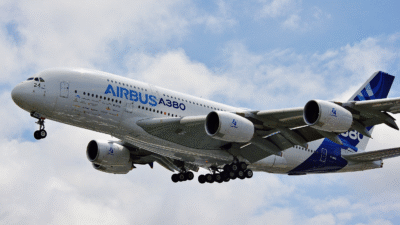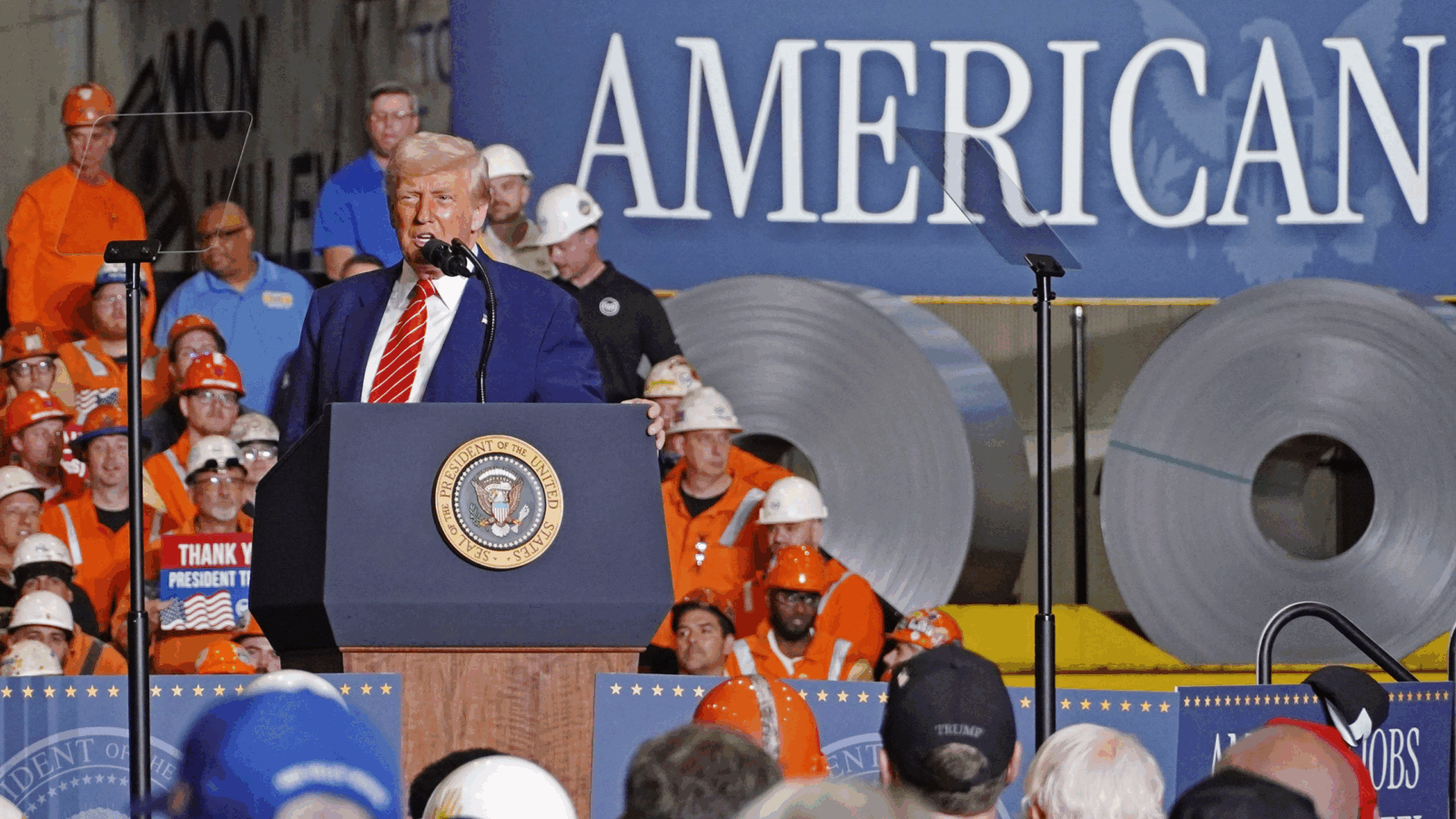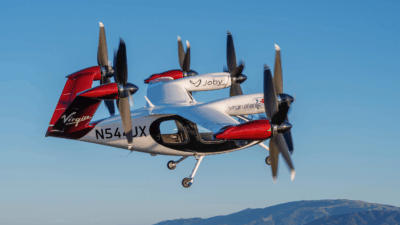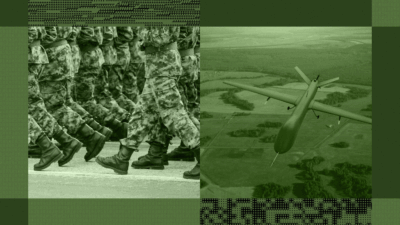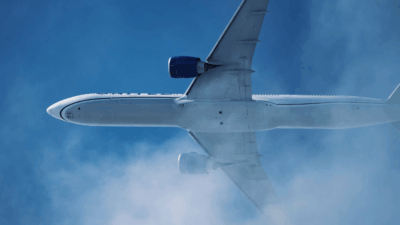Russia Announces Dubious Plans For Aviation Industry Without Boeing and Airbus
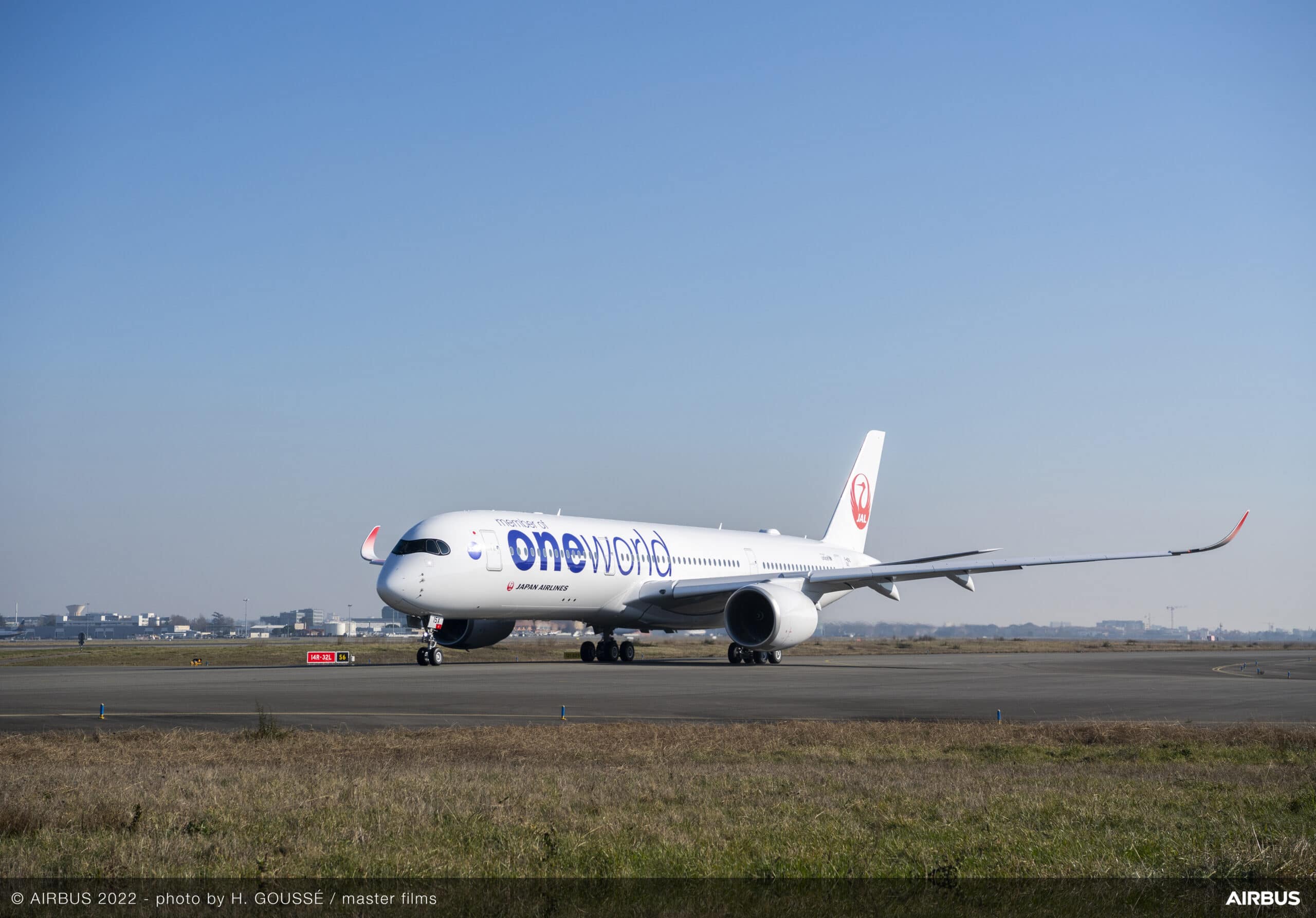
Sign up for smart news, insights, and analysis on the biggest financial stories of the day.
By most accounts, it’s just another flight of fancy for Russian President Vladimir Putin.
On Wednesday, the state-owned engineering firm Rostec announced the Russian aviation industry will use local parts to make 1,000 aircraft by 2030, ending its reliance on foreign-made Boeing and Airbus planes. Good luck with that, said analysts in the know.
Not Ready for Takeoff
Russia’s announcement is kind of like shouting “you’re not firing me, I quit.” Airbus and Boeing, the world’s two largest commercial aviation manufacturers, already stopped supplying aircraft parts and services to Russian airlines months ago in response to the invasion of Ukraine. Things have since become so desperate that Rosaviatsia, Russia’s state aviation authority, granted permission to Russian companies to make bootleg parts for aircraft; and some airlines, including state-controlled Aeroflot, have stripped old or out-of-service planes for spare parts.
None of that inspires confidence that Russia will have a fully-fledged domestic aviation supply chain up and running any time soon:
- Foreign aircraft, most of them from Airbus and Boeing, account for 95% of passenger traffic in Russia. In their history Russia and the Soviet Union have built just 2,000 large commercial jetliners, aerospace analyst and managing director of AeroDynamic Advisory Richard Aboulafia told Reuters (Boeing and Airbus made a combined 951 last year).
- “Even when they could get semiconductors and other vital components from the West, they were having a very hard time producing more than a handful of jets,” Aboulafia said, adding Russia’s goal of building 1,000 airliners by 2030 is “basically impossible.”
Losing Altitude: Still, Russia’s decision to go it alone will have an impact beyond its borders. Earlier this year, aviation analyst Dhierin Bechai identified a near-term Russian exposure of 50 aircraft worth $3.5 billion between Airbus and Boeing. In July, Boeing cut its industry-wide forecast for aircraft demand, projecting 41,170 aircraft deliveries in the next 20 years, down from 43,610 and accounting for 1,540 fewer sales expected in Russia and Central Asia. Still, it’s hard not to conclude that Putin has clipped his own wings.

